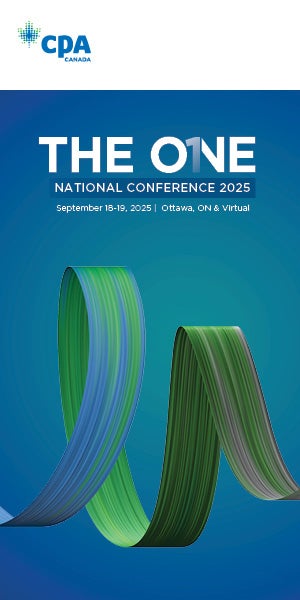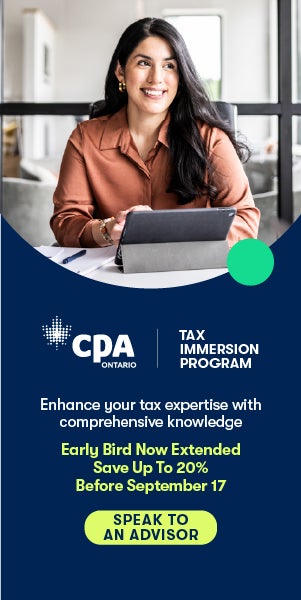3 things to consider about the new CSRS 4200 accounting standard

The new CSRS 4200 is the most impactful on firms since tax reform in 2017, says Bridget Noonan. What should your firm’s first steps be?
VANCOUVER – With the release of the new Canadian Standard on Related Services (CSRS) 4200, Compilation Engagements, Canadian accounting firms should not delay in developing a formalized implementation plan. But don’t jump in right away! Here are my top three tips Canadian accountants should consider before you jump in and get started.
#1. Read the Basis for Conclusions.
As with all new standards, this is an obvious suggestion. However, I do not recommend starting with the new standard itself. I always start with the Basis for Conclusions document that has been published and can be found on FRASCanada.com or in your CPA Canada Knotia subscription. This is the document that provides the insight for the fundamental purpose of the change and addresses any areas of contention that have been considered and responded to. Once you have digested the Basis for Conclusions, you will have a better base to consider the new standard itself, CSRS 4200.
#2. Know Who You Are.
Next I would take some time to ponder the current and future services your firm provides. With the new scoping requirements, in the opinion of Clearline Consulting, the most significant change in relation to the currently effective standard, Section 9200, Compilation Engagements, I recommend you consider what services you really are providing to your clients.
Are you a classical full service compilation/tax firm? Are you an external accountant assisting clients with bookkeeping with or without the provision of tax filing services? Perhaps you are a corporate tax filing firm (T2-only engagements)? It is going to be of critical importance to ensure that each engagement you provide is clearly defined, adequately resourced, and that appropriate practice risk management measures are in place.
#3. Don’t Wait!
My third suggestion follows in the steps of my first. With an effective date for fiscal periods ending on or after December 14, 2021, it may feel like you have time. I don’t think you do.
A bit of simple math will help. Clearline CPA has over 700 compilation engagements. If we use my estimate of what an average conversion time will take per file, that is 2,100 hours we need to find. Even though we are now a 40+ person firm, we do not have those hours in the schedule in February to June of 2022, where the majority of the workload is likely to land.
If you would like to get started, refer to my previous article, “The new CSRS 4200, Compilation Engagements. Too much work?,” for our three-phased approach. As with all new standards, this process is about change management — not figuring out the new rules and waiting for the new checklists to be released.
The new CSRS 4200 accounting standard will have the most significant impact on Canadian accounting firms since the July 2017 announcement for significant tax reform — and the profession knows it. Resources are available now, two-years before we start working with the new standard daily. If you want us to keep you informed, sign up for our public practice newsletter here.
Bridget Noonan, CPA, CA, is a partner at Clearline CPA and Clearline Consulting, which provides practitioners and their staff with the tools, training and advice they need to succeed and build thriving accounting firms. To receive our public practice newsletter, visit our website or provide your contact information here.











(0) Comments